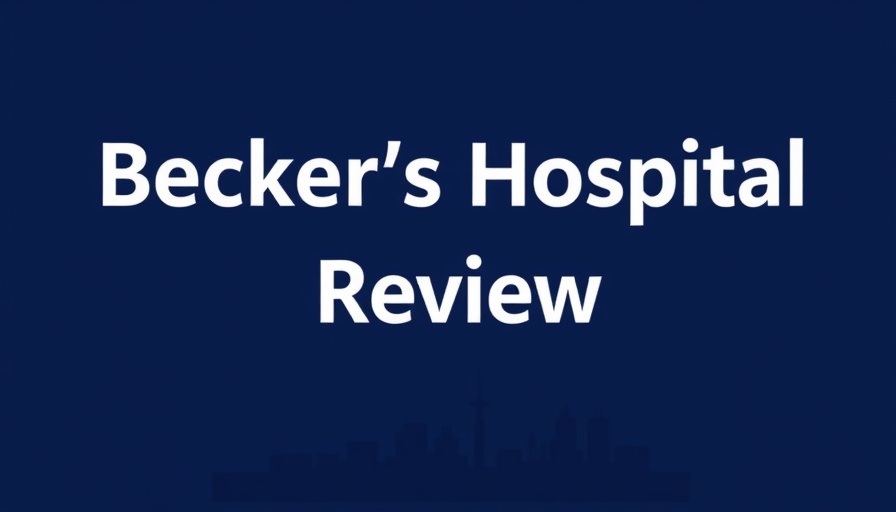
The Complicated Connection Between Cannabis and Heart Health
As discussions around cannabis legalization and medical use continue to evolve, recent research sheds crucial light on the potential impacts of cannabis consumption on cardiovascular health. A meta-analysis encompassing 24 observational studies has confirmed that users of cannabis face increased risks of significant cardiovascular events.
The findings, published in the journal Heart, reveal that cannabis users may be more susceptible to conditions such as acute coronary syndrome, stroke, and cardiovascular death. Specifically, the report identified a relative risk (RR) of 1.29 for acute coronary syndrome, 1.20 for stroke, and a staggering 2.10 for cardiovascular death. These figures indicate a substantial concern for healthcare professionals and patients alike as cannabis use becomes more prevalent.
Changing Patterns of Cannabis Use
The study also emphasizes how the profile of cannabis users has shifted dramatically in recent years. As cannabis laws liberalize across many states and countries, a surge in cannabis potency has been observed, with products today often containing higher levels of delta-9-tetrahydrocannabinol (THC). This trend has raised questions about how newer consumption habits and product formulations may contribute to cardiovascular risk.
Experts like Emilie Jouanjus, PharmD, PhD, highlight that understanding the nuances of cannabis consumption—such as the method of use and product potency—is essential in clarifying its health implications. Higher potency products are linked to more frequent and problematic use patterns, making it crucial for healthcare providers to consider these factors in patient evaluations.
Incorporating Cannabis Education in Clinical Settings
Leading researchers Stanton Glantz, PhD, and Lynn Silver, MD, MPH, advocate for a comprehensive approach in clinical settings, where healthcare professionals routinely inquire about cannabis use. This proactive approach could not only improve patient education regarding the risks associated with cannabis but also ensure that clinicians make informed decisions about care that align with contemporary risks.
According to their perspectives, just as tobacco and alcohol are scrutinized in clinical practice, cannabis should also be part of routine discussions. Emphasizing the need for education in professional environments aligns with the urgent call for healthcare reform aimed at improving public health outcomes.
Counterarguments and Diverse Perspectives on Cannabis Regulation
While the meta-analysis findings underscore significant risks, there are varying perspectives within the debate about cannabis. Proponents of cannabis tout its therapeutic benefits for chronic pain relief, anxiety, and other medical conditions. Understanding these diverse viewpoints is critical for creating balanced healthcare policies that protect public health while recognizing the medicinal capabilities of cannabis.
Furthermore, communication strategies in healthcare need to reflect a commitment to informed choices, ensuring that patients are aware of both the potential risks and benefits associated with cannabis use. This holistic approach may prove pivotal in the ongoing discourse about cannabis consumption, especially as it becomes more ingrained in societal norms.
Future Directions in Cannabis Research and Health Policy
As cannabis consumption continues to rise, future research is imperative to deciphering its long-term health implications. Policymakers and healthcare leaders must prioritize rigorous investigations into the effects of cannabis on various health outcomes, particularly cardiovascular health. Such research will enable healthcare providers to make evidence-based recommendations and guide patients effectively.
Moreover, health authorities must consider regulatory frameworks that address the growing demand for cannabis products while ensuring public safety. Effective regulation could involve scrutinizing product potency, accessibility, and marketing strategies, similar to tobacco regulations. Protecting bystanders from secondhand exposure should also remain a key concern.
Conclusion: Navigating the Landscape of Cannabis Risks and Benefits
In conclusion, the evolving landscape of cannabis use presents both opportunities and challenges for healthcare providers. As the evidence base grows, understanding the risks associated with cannabis use in the context of cardiovascular health becomes essential for evidence-based practice. It is crucial for healthcare professionals to engage in meaningful conversations surrounding cannabis, balancing its therapeutic potential with its associated health risks. By doing so, they can contribute to a future where informed decisions about cannabis can lead to safer consumption patterns and improved health outcomes.
To stay abreast of the latest medical news and insights, healthcare professionals are encouraged to participate in continued education opportunities and to engage with emerging research in this dynamic field.
 Add Row
Add Row  Add
Add 




 Add Row
Add Row  Add
Add 

Write A Comment